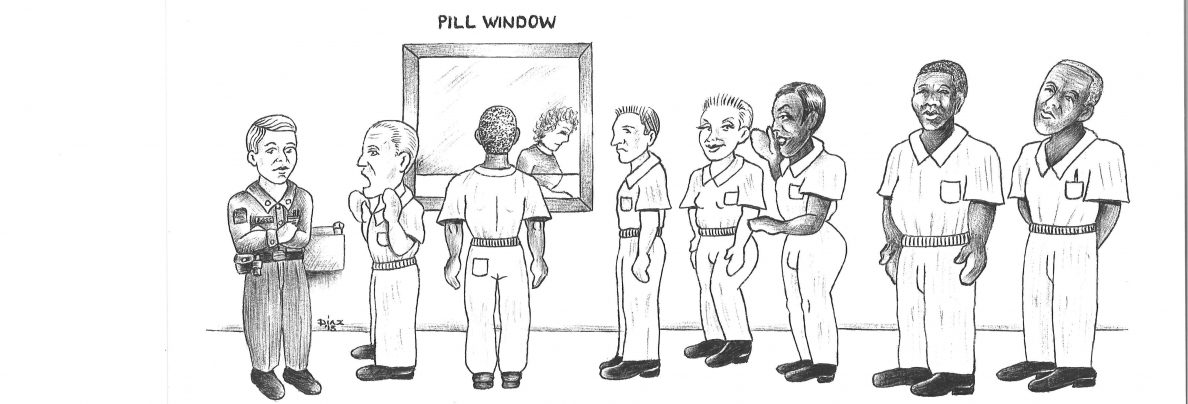By M. Ali
From PHN Issue 55, Winter 2024
Dear Prison Health News,
If you would be so kind (if you haven’t already done so), please explain the variety of sexually transmitted diseases such as trichomoniasis, herpes I vs. II, etc.
— Anonymous
Dear Anonymous,
Thank you for this great topic suggestion. Sexually transmitted diseases (STDs), which develop due to sexually transmitted infections (STIs), are very common, impact people of all genders, and can result from any type of sexual activity (vaginal, anal, oral, etc.). STIs can be caused by viruses, bacteria, fungi, or parasites. STDs don’t always cause symptoms or may only cause mild symptoms, so it’s important to get tested if you believe you may have been exposed. The good news is STDs are preventable, and most are treatable as well. Talking to your partner about STDs and how to stay safe while having sex is an important way of protecting your health. Prevention is always better than treatment.
Continue reading “Ask PHN: Types of Sexually Transmitted Diseases and Testing” →


